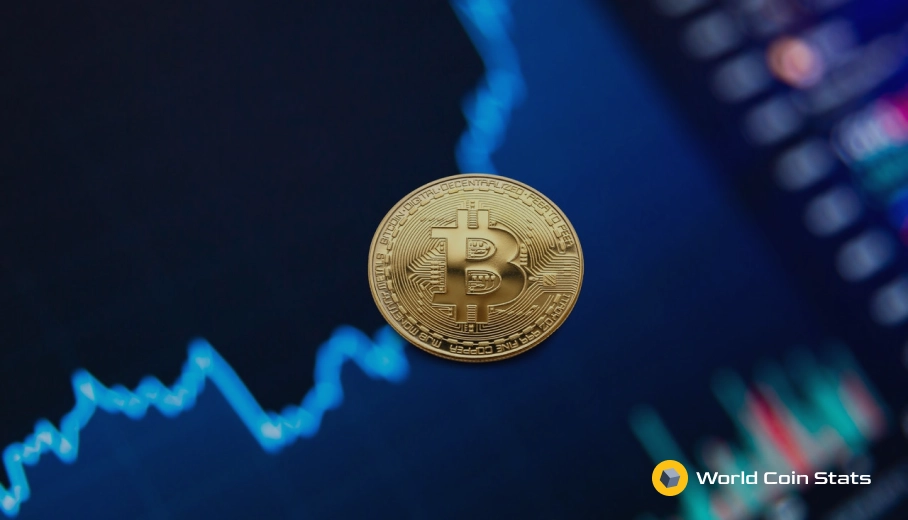Experts Say US-Iran Issue to Have Short-Term Effect on Asia Shares
ASIA PACIFIC – Stock markets in Asia dropped on Monday as concerns about the increasing tensions between the US and Iran intensified. However, JPMorgan and UBS claim the friction in the Middle East will have minimal impact on the region.
Iran had previously stated that it would retaliate after a US airstrike killed Major General Qassem Soleimani, the country’s top military head. Iran has also announced that it will no longer follow the limits imposed on its uranium enrichment program. Meanwhile, the Iraqi parliament has voted to expel US soldiers from their country.
The announcements have shaken the Asian market, with the MSCI Asia Pacific Index dropping by about 1.1%. The Nikkei 225 went down by 2% to 23,195.88 while South Korea’s KOSPI slid down 1% to 2,154.24. The Hang Seng Index went down 0.7%to 28,261.56 while India’s Sensex benchmark dropped 1% to 41,038.19.
Shares in Taiwan and Southeast Asia also fell, as did the S&P/ASX 200. Australia’s index declined by 0.3% to 6,716.20.
China was the only Asian country that enjoyed gains today, with the Shanghai Composite Index up by 0.6% to 3,101.98. Shares received a boost from reports that Chinese officials were headed to Washington next week to sign the trade deal agreement.
Asian markets rely heavily on the Middle East for oil, and recent events have pushed prices up. Brent crude oil is up by almost 2.7% while the price of US crude increased by 2.4%. However, JPMorgan Asset Management and the UBS Global Wealth Management say the Iran issue will likely have a minimal effect on the region.
According to Mark Haefele, UBS’ chief investment officer, past incidents of escalating tensions in the Middle East tend to have a “short-lived” impact on broader markets. He also suggested that investors should look into the less risky option market and consider strategies for diversifying portfolios.
Meanwhile, JPMorgan global market strategist Kerry Craig said oil prices will be a big factor in determining market impact. Many Asian countries import oil, and a steadily growing manufacturing cycle and increasing global trade volumes are “supportive of earnings” in these markets.
The sentiments are also supported by several strategists in Asia. They noted that the trade deal between China and the US remain the bigger issue as it will have a larger impact on Asian stocks. Amir Anvarzadeh says he believes the market would get bored and move on, before adding that North Korea poses a bigger threat to markets like Japan.
Investors would likely stay the course as far as Asian stocks are concerned. Aberdeen Standard Investments director Bharat Joshi acknowledges that gold and oil prices might go up, but it would normalize.




